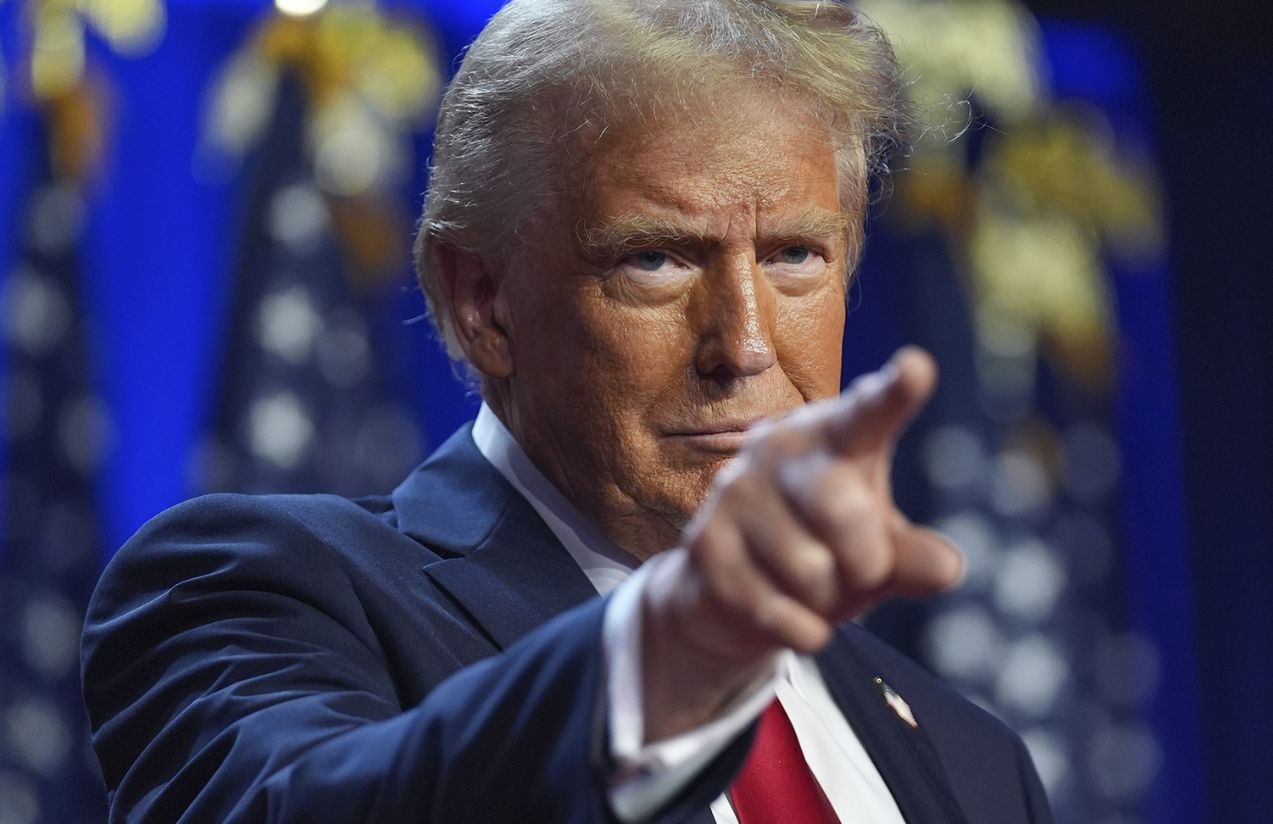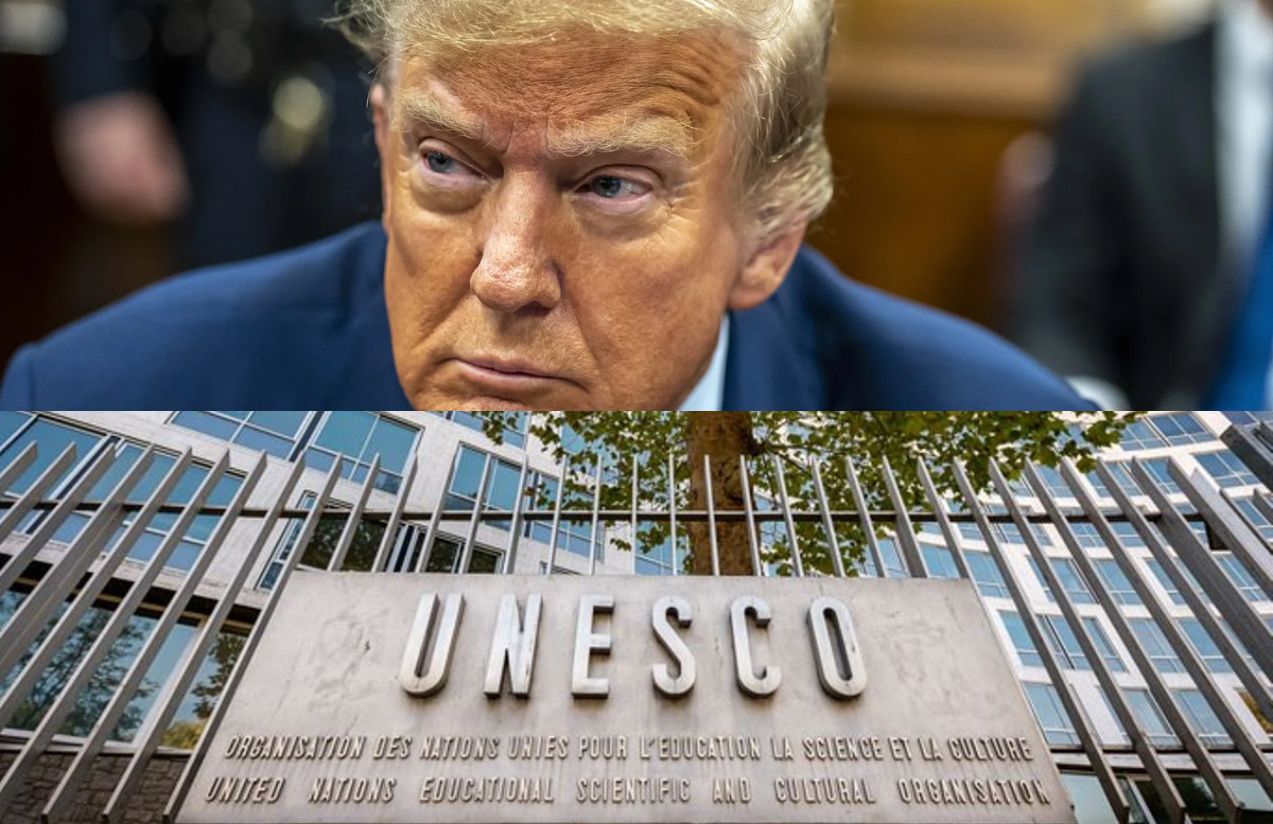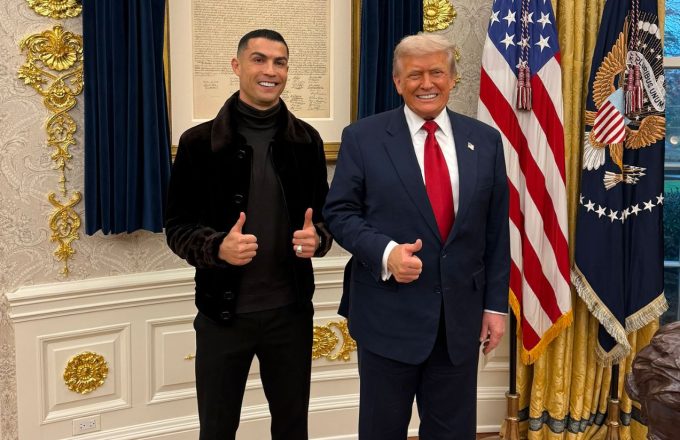On July 22, 2025, President Donald Trump announced that the United States will once again withdraw from the United Nations Educational, Scientific and Cultural Organization (UNESCO), with a full exit scheduled for December 31, 2026. This marks the third time the U.S. has left UNESCO since its founding, and the second time under Trump’s leadership, after the country rejoined during the Biden administration in 2023.
The White House, through spokesperson Anna Kelly, criticized UNESCO for promoting what it called “woke” and divisive causes, which go against the “America First” agenda. The administration specifically pointed to the organization’s alleged anti-Israel bias and its decision to admit Palestine as a full member as unacceptable reasons for the withdrawal.

UNESCO’s Director-General Audrey Azoulay expressed deep regret over the decision but stated that the organization was prepared for such a scenario. She noted that U.S. financial dependence had been significantly reduced, now representing only about 8% of the total budget. Azoulay also highlighted UNESCO’s recent efforts in Holocaust education, combating antisemitism, and other major reforms.
Will this decision weaken UNESCO’s programs?
In the short term, possibly. But the organization is better prepared than before. After previous reforms, UNESCO has diversified its funding sources and continues with key projects in education, science, culture, and global cooperation. While some U.S.-linked initiatives may be affected, UNESCO claims it already has strategic partners in place to carry most plans forward.
In response, leaders such as France’s Emmanuel Macron and Israel’s foreign minister offered contrasting reactions: Macron reaffirmed strong support for UNESCO, while Israel welcomed the U.S. decision. With this third exit, the Trump administration once again signals its critical stance toward international organizations.











